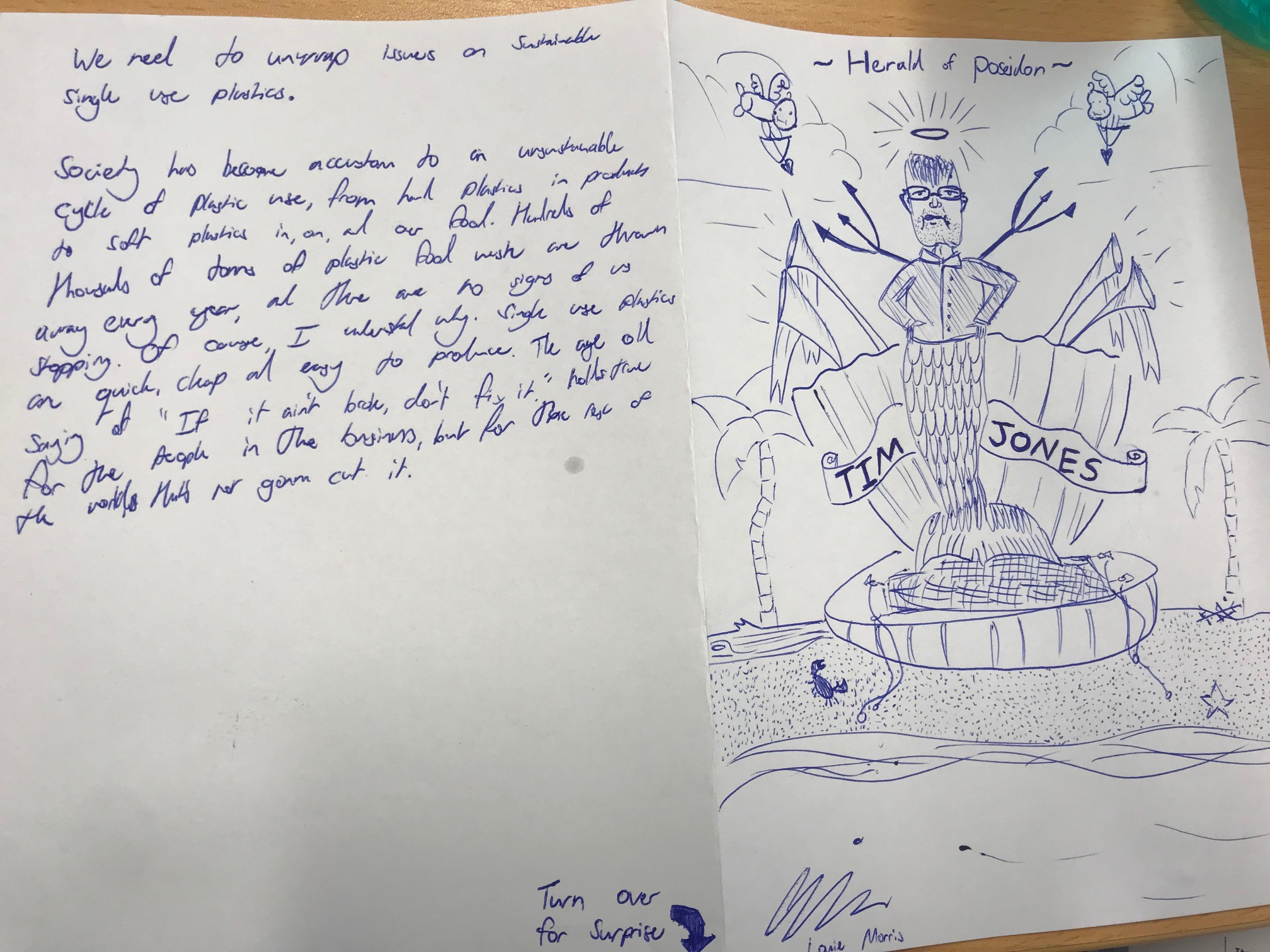
In early August, shortly before large parts of the country went into COVID lockdown, I visited 5 schools in Nelson-Tasman on a visit organised by the Read NZ Te Pou Muramura Writers in Schools scheme and sponsored by the Rātā Foundation.
Writers in School is a very worthwhile scheme that connects schools who want writers to visit, with writers who are keen to visit! I’ve done some individual school visits under the scheme before – the most recent, a very enjoyable visit to Wellington East Girls’ School to do a Q&A with a class who’d been reading my climate fiction novella Where We Land – but never a tour.
The trip was initiated by Motueka High School, who asked whether I could come to the school for a series of talks and workshops with their students on writing climate fiction and non-fiction. I said I’d like to do that if the trip could be combined with visits to other schools in the region, and thanks to excellent cooperation between Nelson-Tasman schools and ReadNZ, I ended up visiting five schools in three days:
Nelson College
Tapawera Area School
Motueka High School
Waimea College
Waimea Intermediate
I ran workshops and gave talks on writing climate fiction, writing fiction in general, and writing opinion pieces (“columns”), with students ranging from Year 5 to Year 13.
What did I take away? First of all, much as I enjoyed the visit, I was shattered after three days – I have no idea how teachers do it for week after week! Both the students, and the teachers and librarians, I met inspired me.
Talking of teachers, I very much appreciated the lovely hospitality I was offered, which kept me fed and watered throughout my tight schedule. My lunch wth the English teachers at Motueka High School was a particular highlight.
My final session finished the tour on a high note. I had only an hour with this self-selected groups of keen readers and writers in Years 7 and 8 at Waimea College, and my energy was down by the time I got there, but the group’s knowledge of and enthusiasm for writing was remarkable. When we did a brainstorm on “what makes stories work well”, one young student replied “foreshadowing and foretelling”, and when I asked her what those were, she gave a much better explanation than I could have done, with relevant examples!
I loved seeing the enthusiasm of the students, yet I couldn’t help asking myself: what sort of future are these young people facing? More and worse storms. More fires. More floods – all of which have hit the Nelson-Tasman region in the last couple of years. And the sea creeping ever upwards, ever inwards. It isn’t their fault. It isn’t even our fault, unless you happen to be, for example, a senior oil company executive or a coal mine owner. But it’s up to all of us to demand and take action to cut emissions sharply now, because if we don’t, an already dangerous future is bound to become much worse.
Herald of Poseidon: Here’s how I appeared to one student at Motueka High School. (For the record, I am flattered by this portrait!)

Photos and image credits from my day at Motueka High School: https://www.facebook.com/motuekahslibrary
